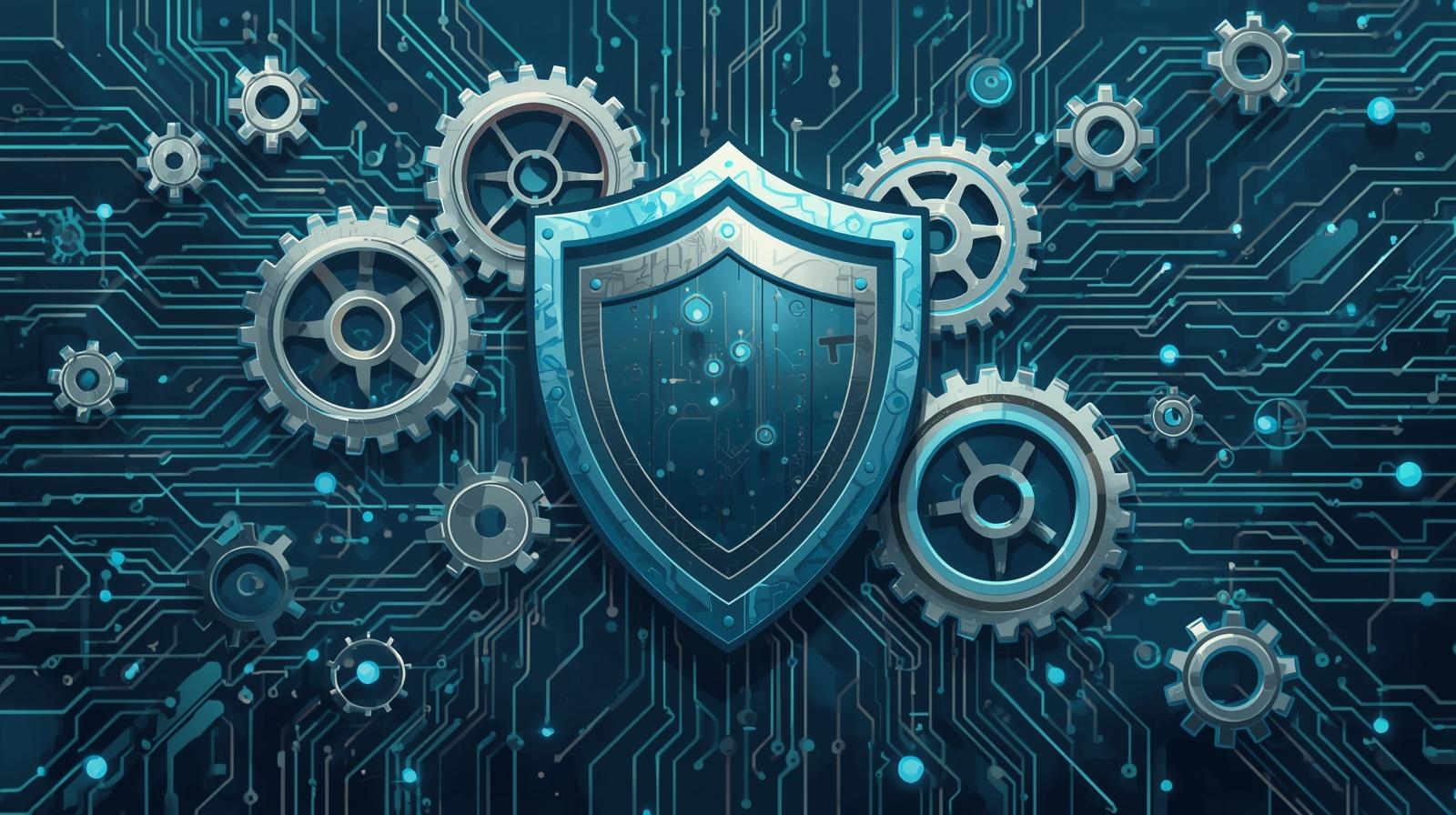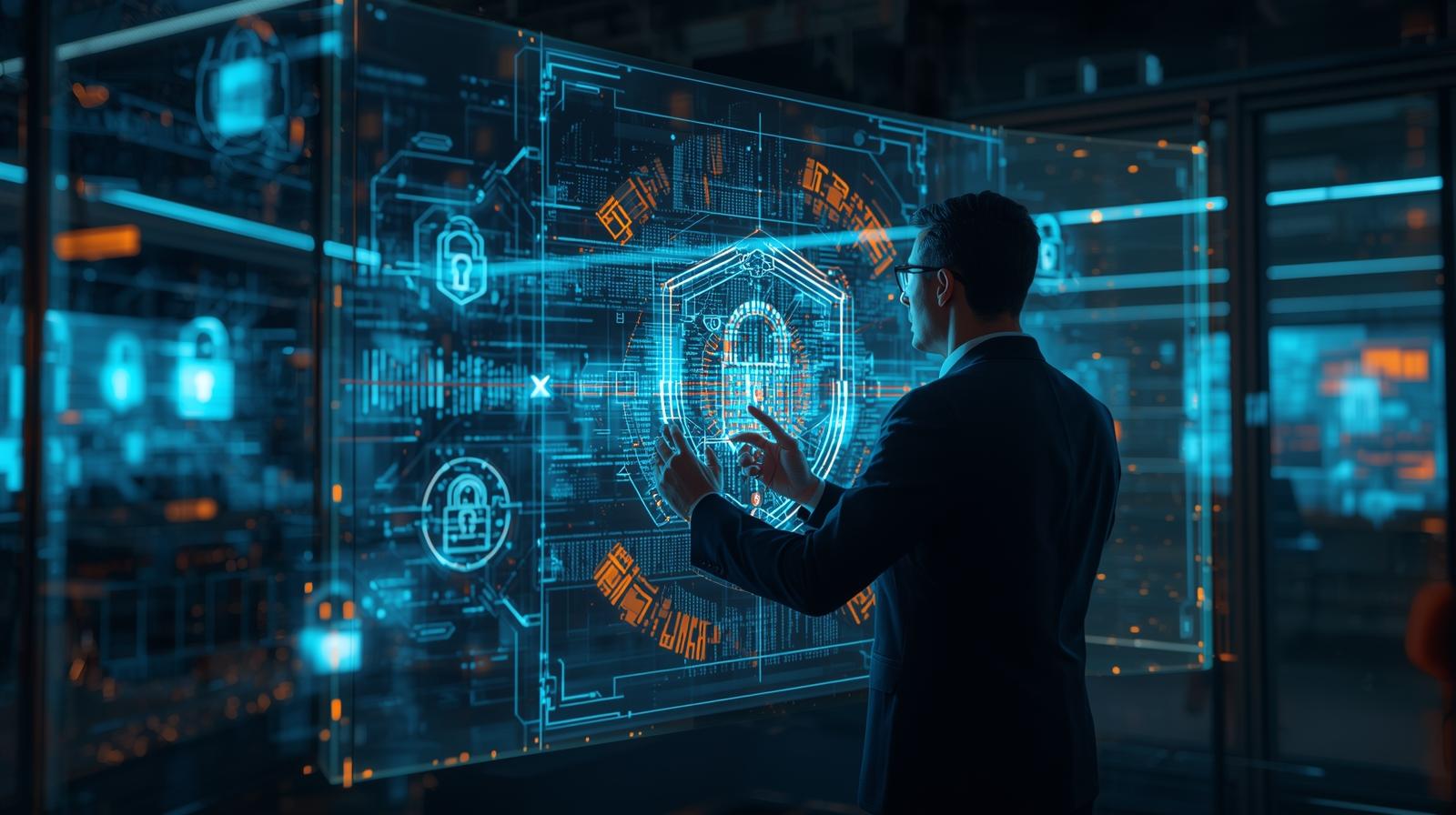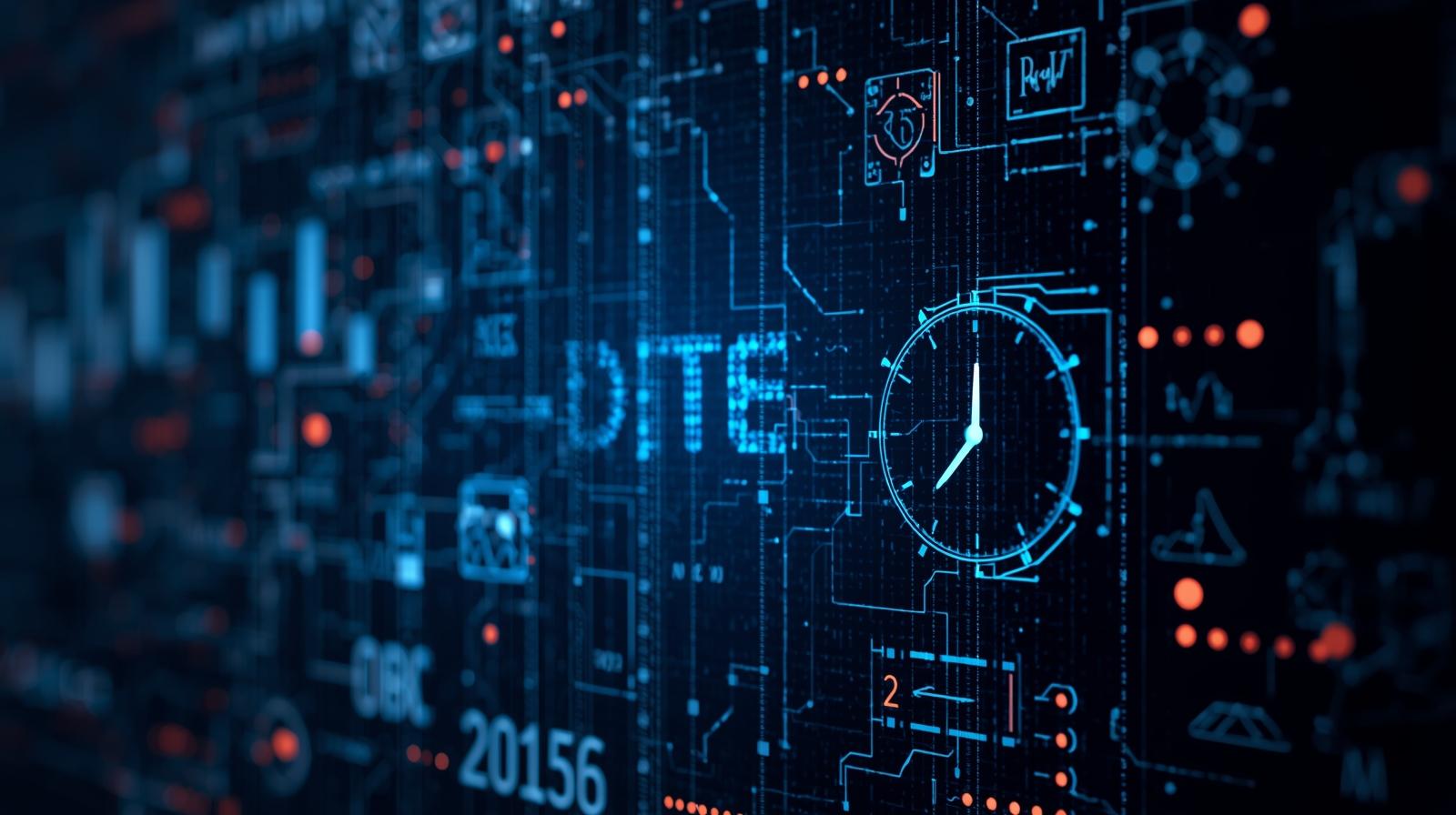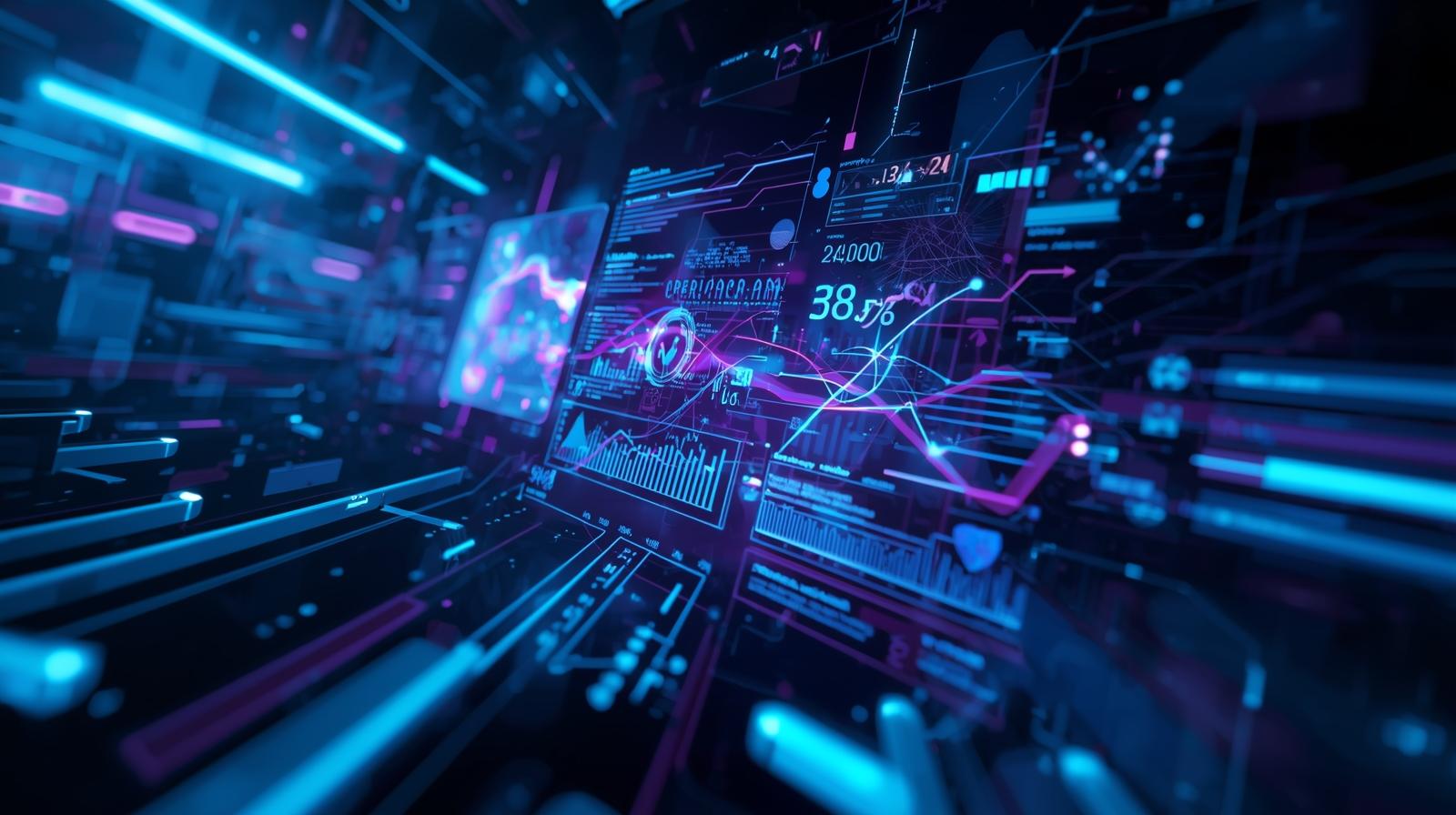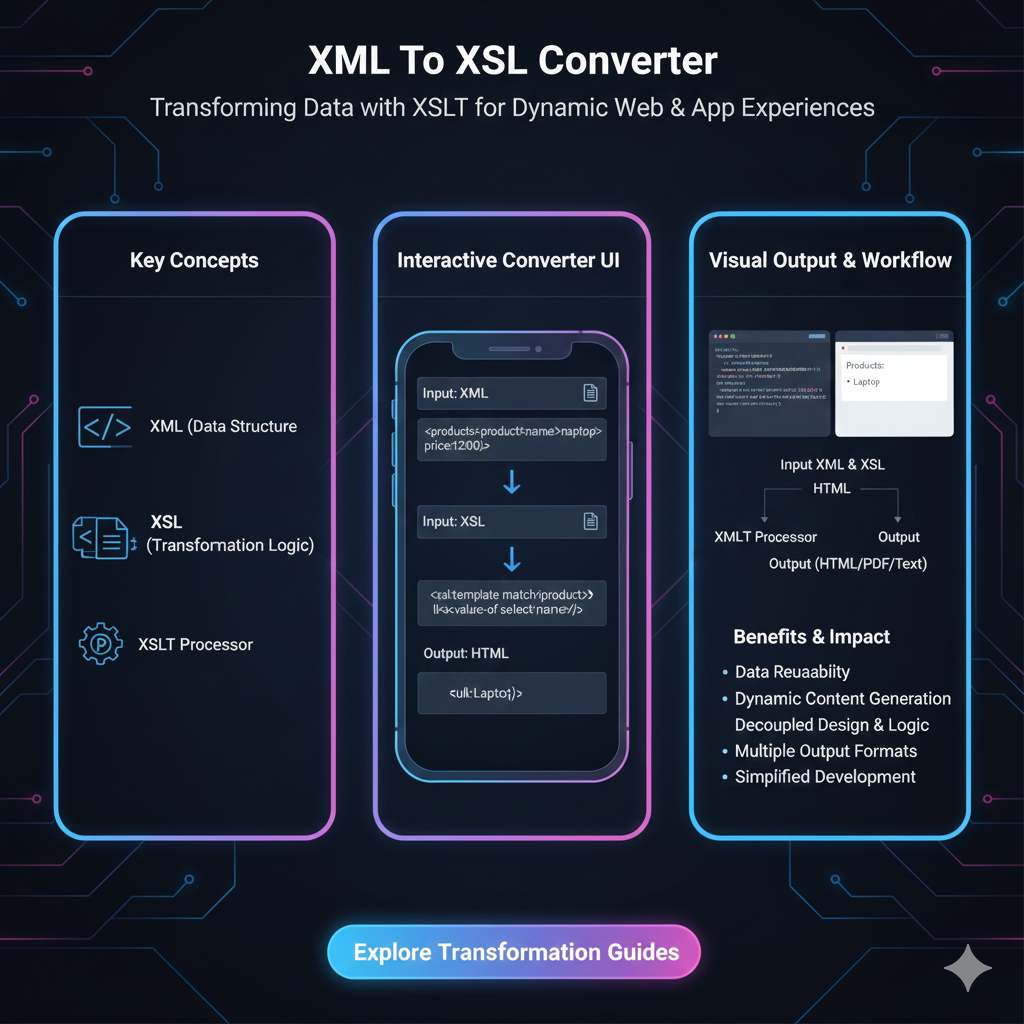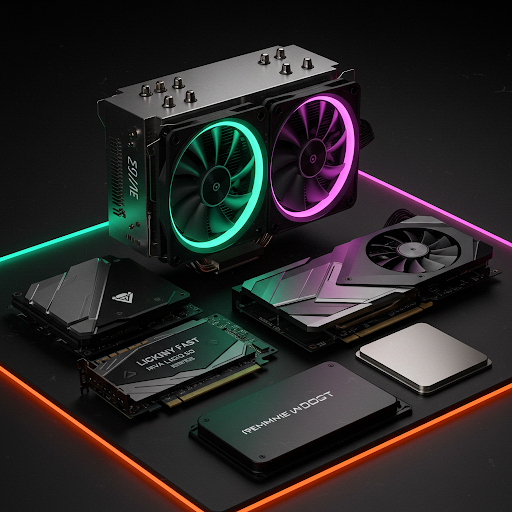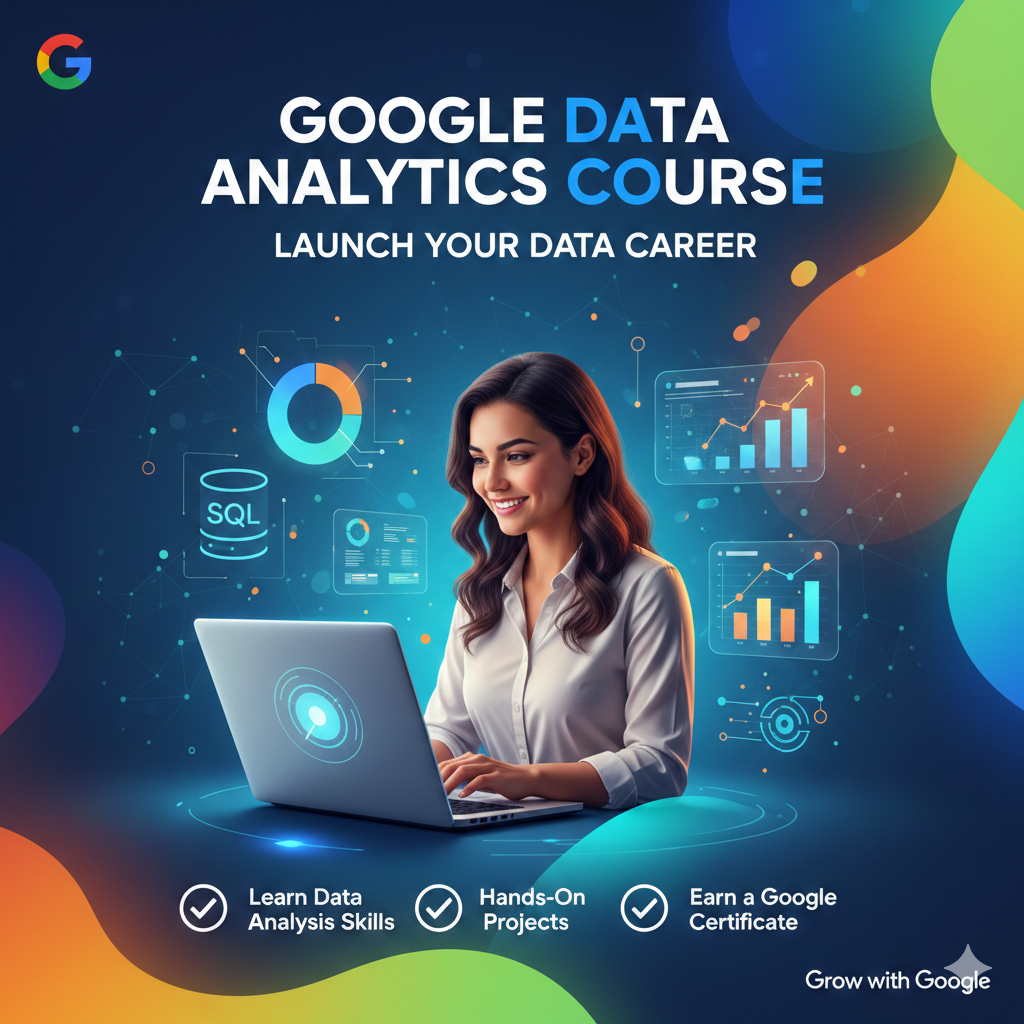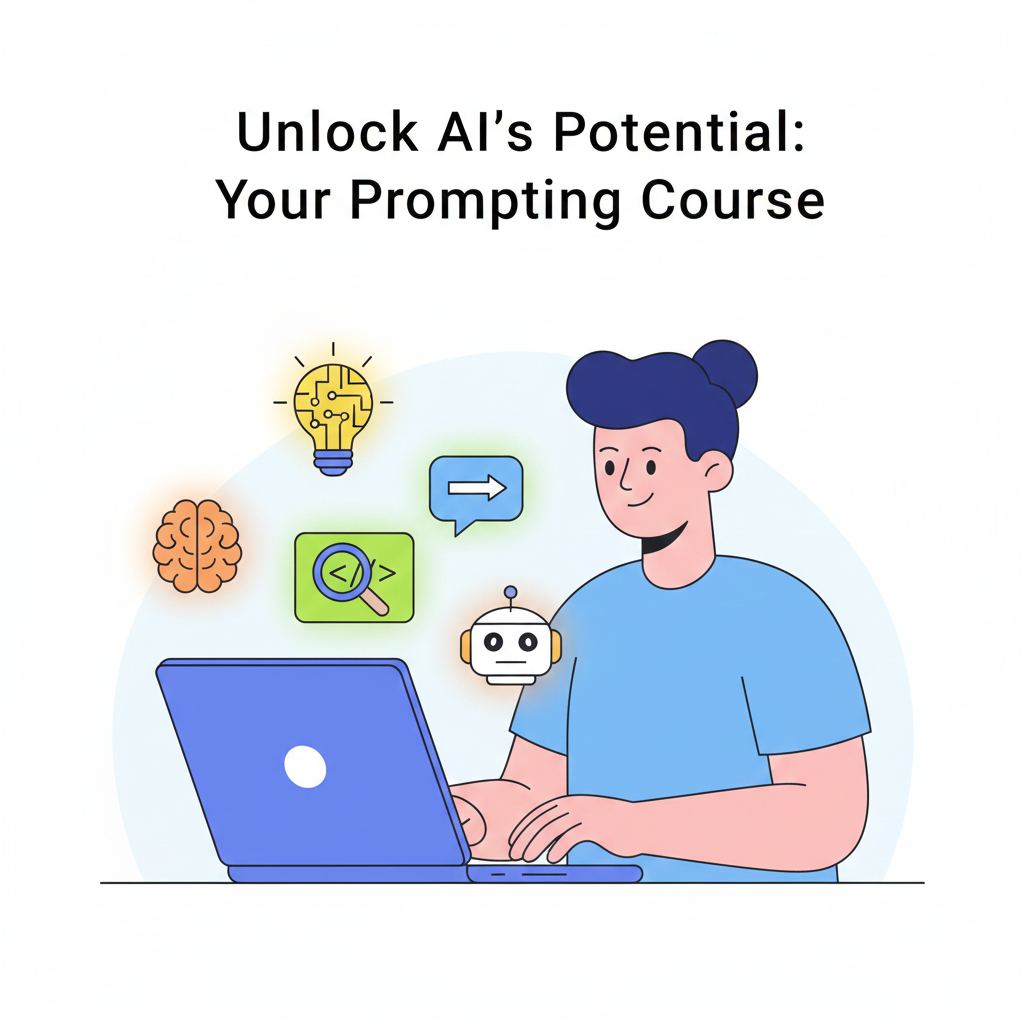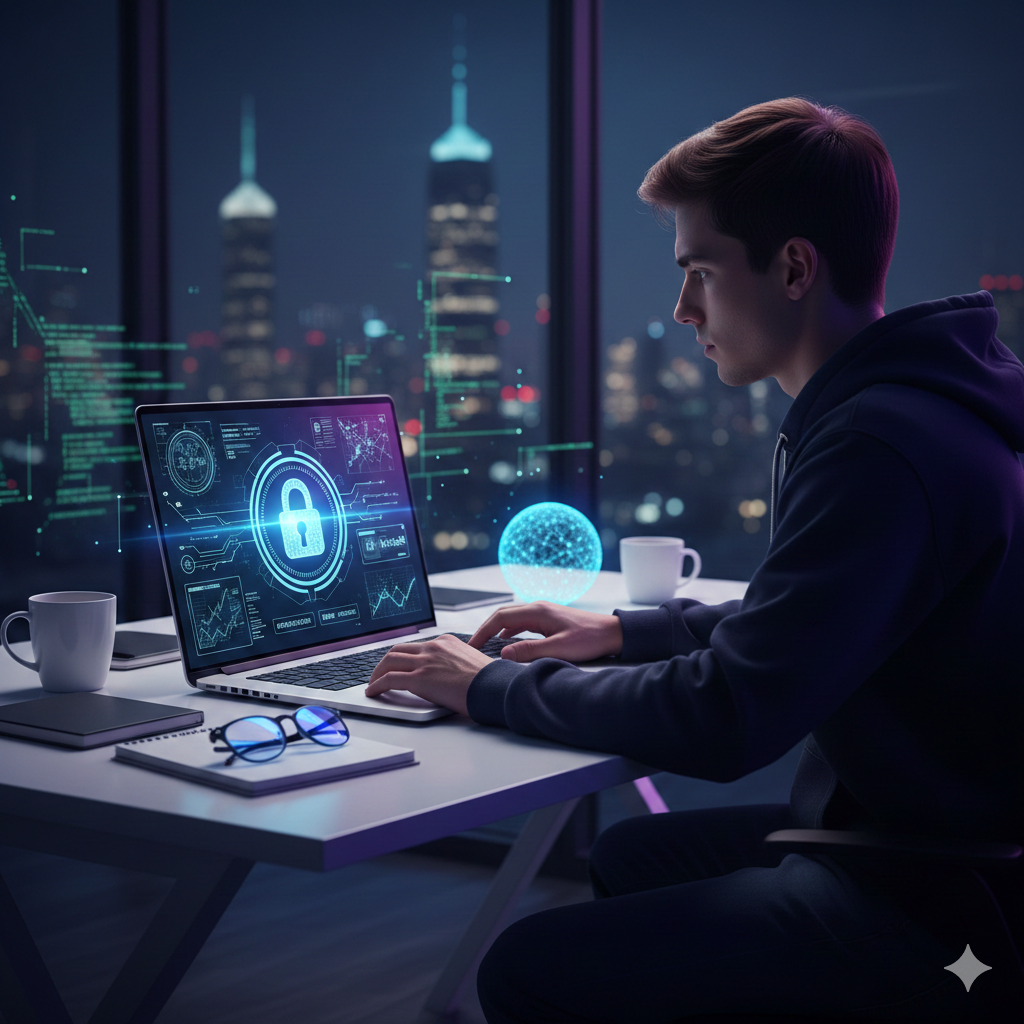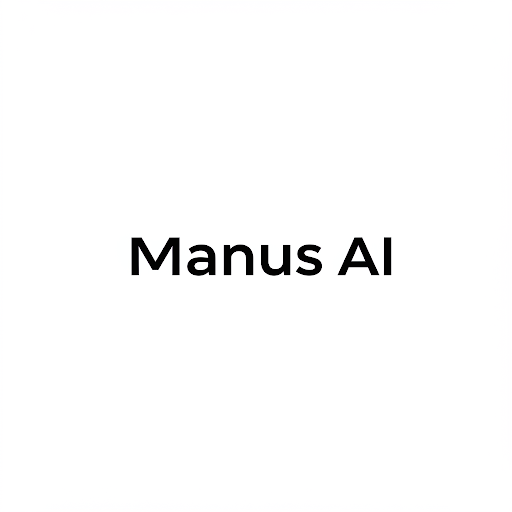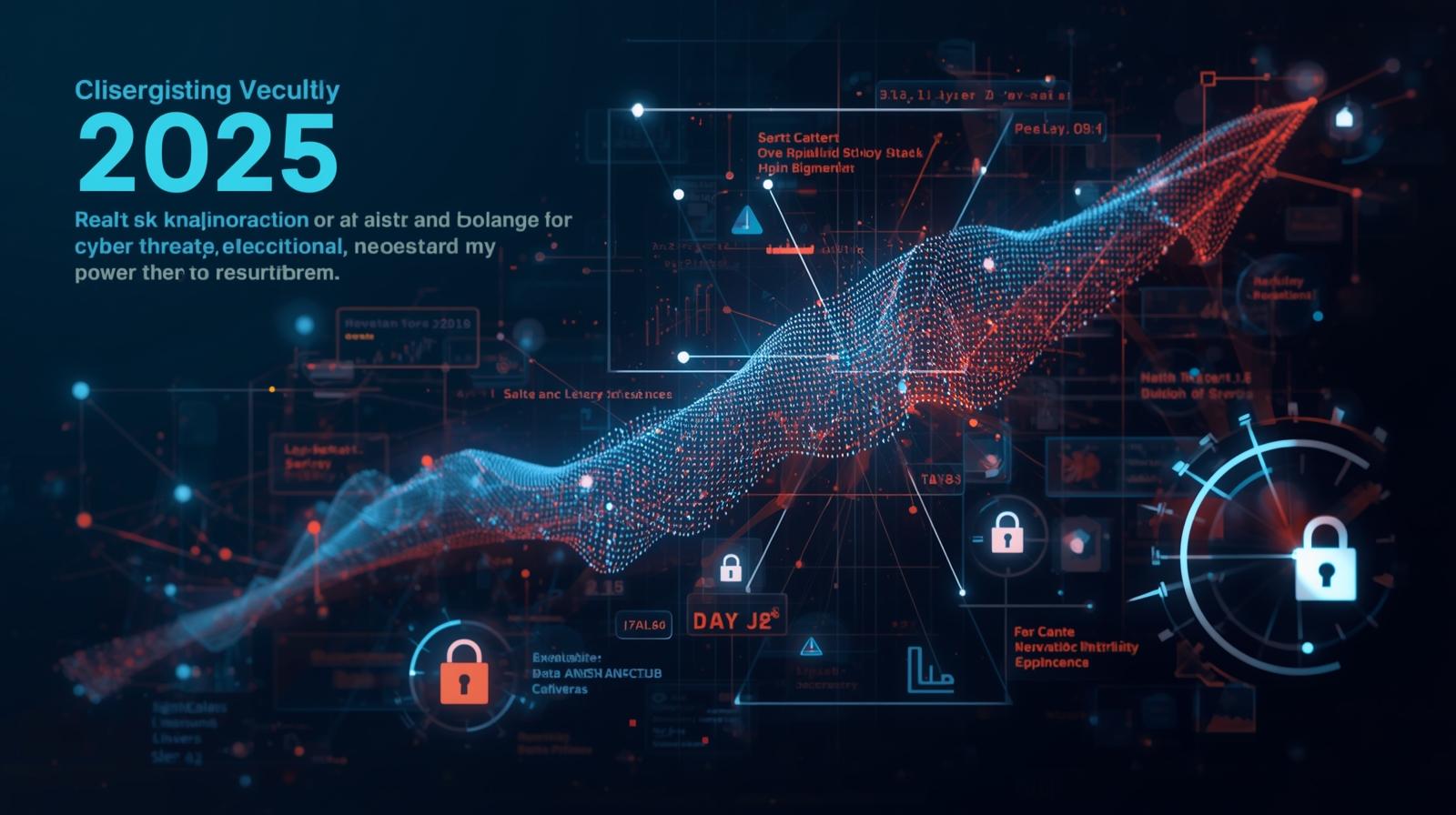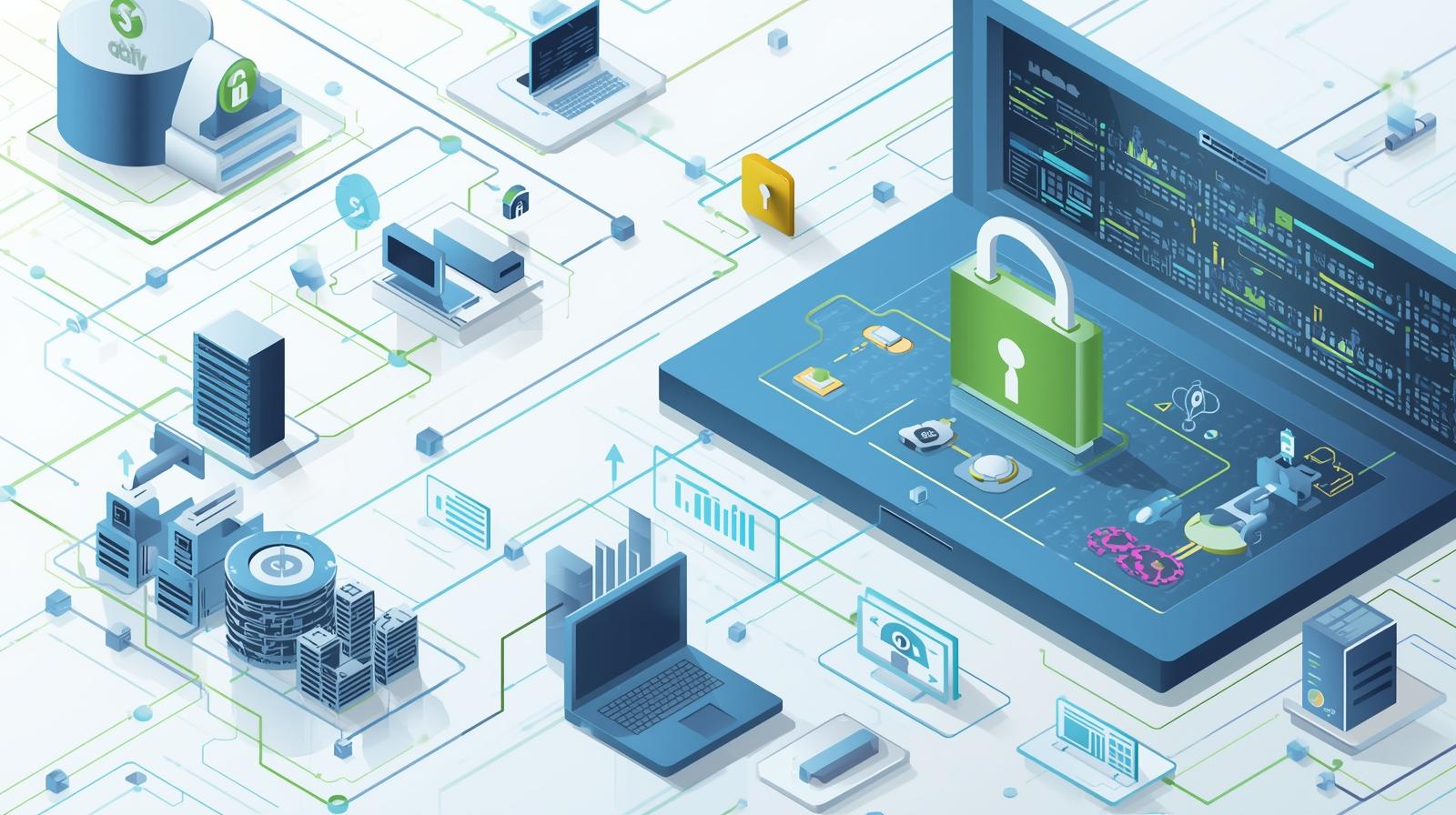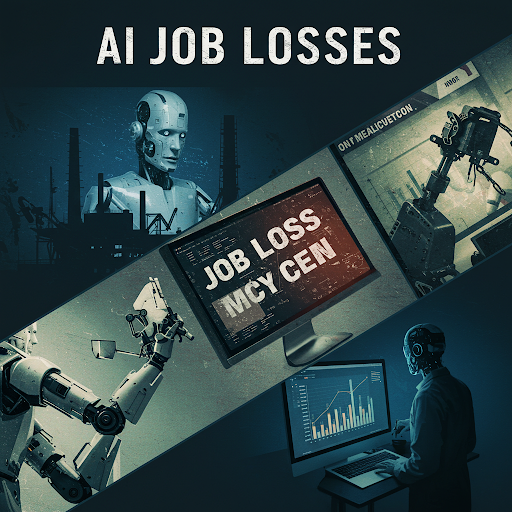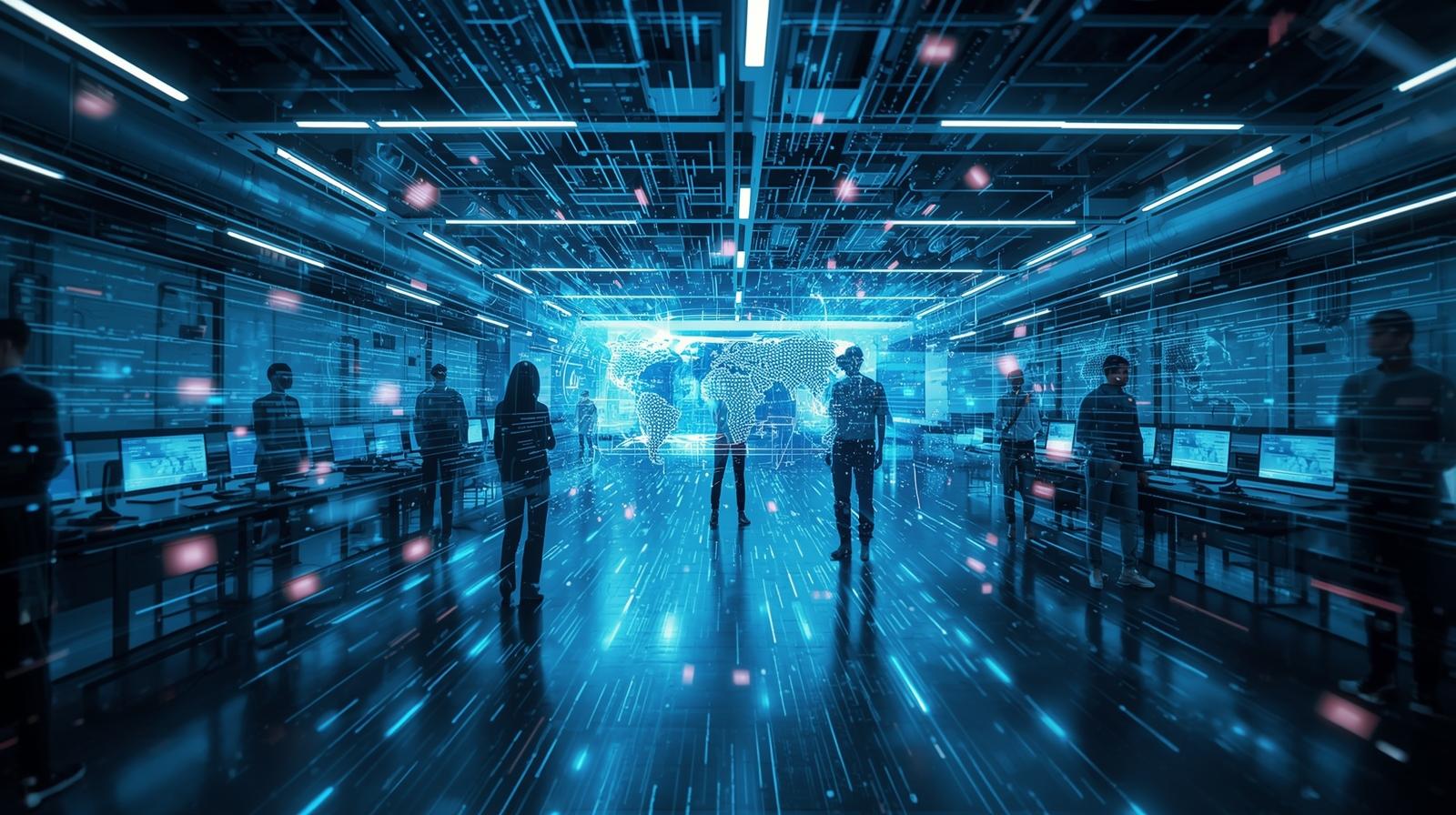The AI Revolution: A Deep Dive into Its Impact on the Global Economy
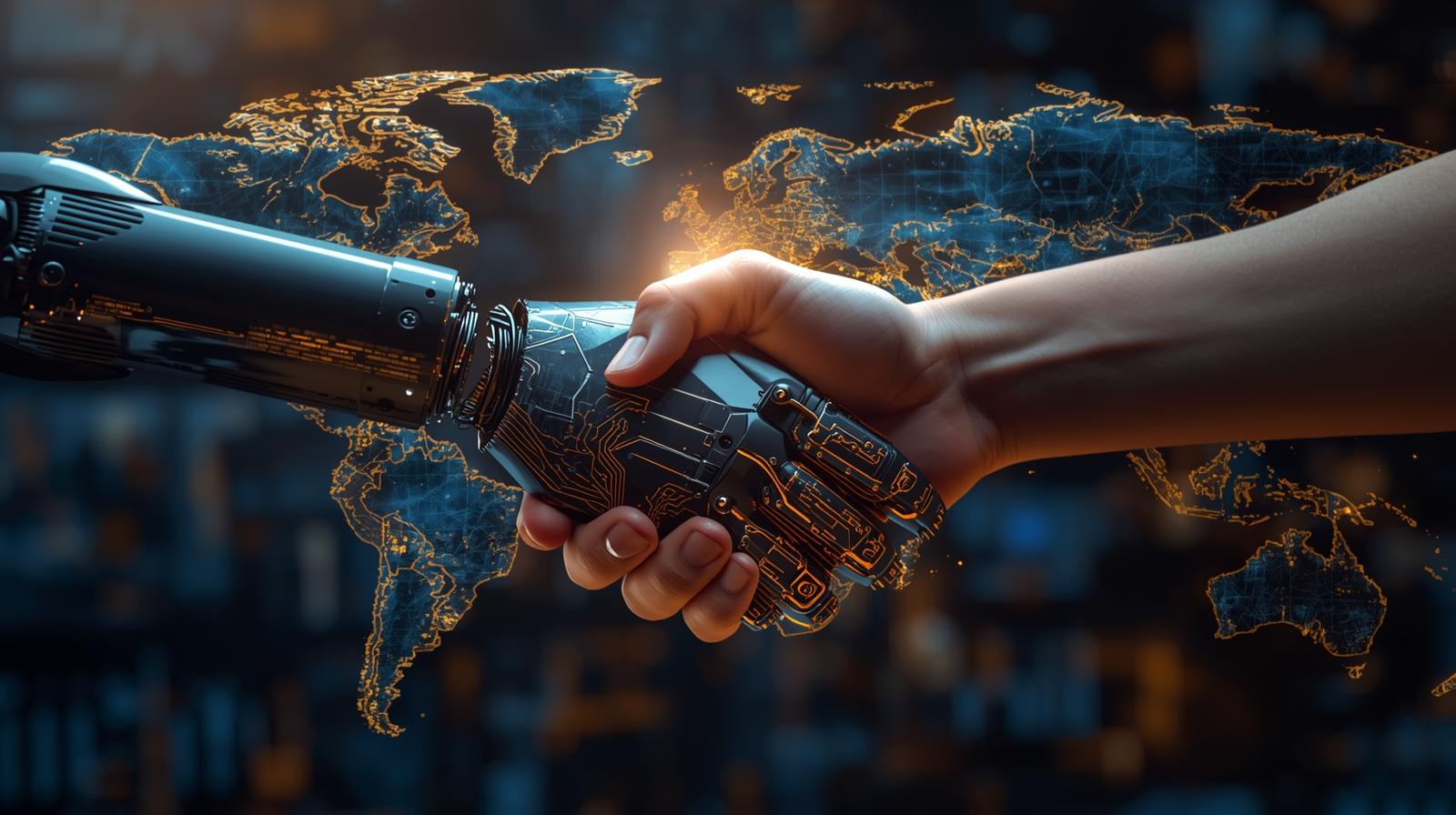
Explore how Artificial Intelligence is reshaping industries, creating new jobs, and transforming the global economy. Understand the opportunities, challenges, and future trends. Learn in-demand AI skills at CoderCrafter.
The AI Revolution: Reshaping the Global Economy, One Algorithm at a Time
Let’s be honest. It’s impossible to scroll through news feeds, attend a business meeting, or even chat with friends without the term "Artificial Intelligence" popping up. It’s hailed as the next industrial revolution, a technological tsunami that’s set to redefine everything we know. But beyond the buzzwords and sci-fi fantasies, what is AI's real impact on the global economy?
Is it a job-destroying monster, or a powerful engine for growth and innovation? The truth, as it often is, lies somewhere in the complex middle.
In this deep dive, we’re going to move beyond the hype. We'll unpack how AI is fundamentally altering the economic landscape, explore real-world examples across various industries, discuss the challenges we must navigate, and peer into the future it’s building. Whether you're a student, a professional, a business leader, or simply a curious mind, understanding this shift is no longer optional—it's essential.
First Things First: What Do We Mean by AI?
Before we dive into trillion-dollar GDP projections, let's ground ourselves. Artificial Intelligence, in its current practical form, isn't about creating sentient robots. It's a branch of computer science focused on building systems capable of performing tasks that typically require human intelligence. These tasks include:
Learning: Acquiring information and rules for using it (Machine Learning).
Reasoning: Using rules to reach approximate or definite conclusions.
Problem-Solving: Finding solutions to complex issues.
Perception: Analyzing and understanding sensory data (Computer Vision).
Language Understanding: Interpreting and generating human language (Natural Language Processing - NLP).
Think of the recommendation engine on Netflix that knows your taste better than you do, the fraud detection system that alerts your bank of suspicious activity, or the voice assistant in your phone. These are all everyday examples of Narrow or Weak AI—systems designed for a specific task. The theoretical concept of General AI, with human-like cognitive abilities, is still a long way off.
The Economic Engine: How AI is Fueling Global Growth
The economic impact of AI is projected to be colossal. Research from giants like McKinsey and PwC suggests AI could contribute up to $15.7 trillion to the global economy by 2030. That's more than the current output of China and India combined. But how is this value being created? Let's break it down.
1. Supercharging Productivity and Efficiency
This is AI's most immediate and significant impact. AI systems can automate complex, repetitive cognitive tasks, analyze vast datasets in seconds, and operate 24/7 without fatigue.
Real-World Use Case: Manufacturing. Companies like Siemens use AI-powered "digital twins" – virtual replicas of physical factories. These twins simulate production lines, predict maintenance needs for machinery, and optimize supply chains, reducing downtime and saving millions.
Real-World Use Case: Agriculture. John Deere's AI-driven tractors and harvesters can identify weeds and spray herbicide only where needed, drastically reducing chemical use and cost while increasing yield. This is "precision agriculture" at its finest.
By handling the routine, AI frees up human workers to focus on strategic, creative, and interpersonal tasks—areas where we still have a distinct advantage.
2. Fostering Unprecedented Innovation
AI isn't just about doing old things better; it's about doing entirely new things. It's accelerating R&D cycles and enabling breakthroughs that were previously impossible.
Real-World Use Case: Pharmaceuticals. During the COVID-19 pandemic, AI models analyzed thousands of research papers and molecular structures to help identify potential vaccine candidates and treatments, shaving years off the typical development timeline. Companies like DeepMind (with AlphaFold) have made staggering progress in predicting protein structures, a fundamental challenge in biology.
Real-World Use Case: Material Science. AI is being used to discover new materials for batteries, solar panels, and semiconductors, pushing the boundaries of clean energy and computing power.
3. The Personalization Economy
AI is the engine behind the hyper-personalized experiences we've come to expect. By analyzing user data, AI can tailor products, services, and content to individual preferences at an unimaginable scale.
Real-World Use Case: Retail. Amazon’s recommendation engine is responsible for a significant portion of its sales. Stitch Fix uses AI algorithms and human stylists to send personalized clothing boxes to millions of customers.
Real-World Use Case: Entertainment. Spotify's "Discover Weekly" and Netflix's homepage are powered by sophisticated AI that curates content, keeping users engaged and subscribed.
This level of personalization creates immense economic value by increasing customer satisfaction, loyalty, and spending.
The Other Side of the Coin: Challenges and Economic Disruptions
To present a balanced view, we must address the real and valid concerns surrounding AI's economic impact.
1. The Great Displacement: Job Market Transformation
This is the elephant in the room. Yes, AI will automate certain tasks, potentially making some roles obsolete. Jobs involving routine data processing, administrative tasks, and even some aspects of analytical work are most vulnerable.
However, history has shown that technological revolutions, while displacing certain jobs, create new ones. The key is transformation, not necessarily net loss. The demand for AI and Machine Learning specialists, data scientists, robotics engineers, and AI ethicists is skyrocketing. Furthermore, new roles we can't even conceive of today will emerge.
The critical challenge here is the skills gap. The workforce needs to be reskilled and upskilled to thrive in an AI-augmented economy. This is where forward-thinking education plays a pivotal role. To learn professional software development courses such as Python Programming, Full Stack Development, and MERN Stack—the very foundations of building and working with AI systems—visit and enroll today at codercrafter.in. Equipping yourself with these skills is the best way to future-proof your career.
2. The Data and Algorithmic Bias Problem
AI systems are only as good as the data they are trained on. If this data reflects historical biases, the AI will perpetuate and even amplify them. This can lead to discriminatory outcomes in critical areas like hiring, loan applications, and law enforcement.
Example: An AI recruitment tool trained on data from a male-dominated industry might inadvertently learn to downgrade applications from women.
Addressing this requires a conscious effort towards diverse data collection, transparent algorithms, and continuous monitoring—a field known as Ethical AI.
3. The Concentration of Power
Developing and deploying advanced AI requires massive computational resources, vast amounts of data, and top-tier talent. This creates a risk of economic power becoming concentrated in the hands of a few large tech corporations, potentially stifling competition from smaller players and startups.
Best Practices for Navigating the AI-Driven Economy
Whether you're an individual, a business leader, or a policymaker, here’s how to adapt and thrive.
For Individuals:
Embrace Lifelong Learning: Continuously update your skill set. Focus on skills that AI complements rather than replaces—critical thinking, creativity, emotional intelligence, and complex problem-solving.
Understand, Don't Fear, the Technology: Learn the basics of how AI works. You don't need to be a programmer, but understanding its capabilities and limitations will make you more effective in your field.
Cultivate "Human" Skills: Empathy, teamwork, leadership, and communication are becoming more valuable than ever.
For Businesses:
Start with a Problem, Not a Technology: Don't implement AI for the sake of it. Identify a specific business problem (e.g., high customer churn, supply chain inefficiencies) and see if AI can provide a solution.
Focus on Data Strategy: AI runs on data. Ensure you have clean, well-organized, and accessible data. Data is the new oil, and your AI initiatives depend on its quality.
Foster a Human-AI Collaboration Model: Design workflows where AI handles data-heavy, repetitive tasks, empowering your employees to focus on higher-value work that requires judgment and creativity.
Prioritize Ethics and Transparency: Build trust by being open about how you use AI and data. Implement ethical guidelines to ensure your AI systems are fair and accountable.
Frequently Asked Questions (FAQs)
Q1: Will AI take my job?
A: AI is more likely to change your job than outright eliminate it. It will automate specific tasks, not entire roles (in most cases). The focus should be on adapting, learning to work alongside AI tools, and developing the uniquely human skills that machines cannot replicate.
Q2: Which industries will be most affected by AI?
A: Virtually all industries are being touched, but some are experiencing more immediate disruption. These include:
Finance: For fraud detection, algorithmic trading, and customer service.
Healthcare: For diagnostics, drug discovery, and personalized medicine.
Transportation & Logistics: For autonomous vehicles and route optimization.
Manufacturing: For predictive maintenance and quality control.
Retail: For inventory management and personalized marketing.
Q3: What skills should I learn to stay relevant?
A: A blend of technical and soft skills is key.
Technical: Data literacy, basic understanding of AI/ML concepts, and programming languages like Python are hugely beneficial.
Soft Skills: Critical thinking, creativity, adaptability, and emotional intelligence are becoming increasingly vital.
Q4: Can small businesses afford to implement AI?
A: Absolutely. The rise of cloud-based AI services (from AWS, Google Cloud, and Microsoft Azure) has democratized access. Small businesses can now use APIs for tasks like sentiment analysis, chatbots, and image recognition without needing a team of PhDs, paying only for what they use.
Q5: Is AI just a passing fad?
A: No. While the hype cycle may cool, the underlying technology is delivering tangible, massive economic value. AI is a foundational technology, like electricity or the internet, that will be woven into the fabric of our economy for the foreseeable future.
Conclusion: A Partner in Progress, Not a Panacea or a Peril
The impact of AI on the global economy is profound, multifaceted, and unstoppable. It is not a zero-sum game. It presents a dual reality of immense opportunity and significant challenge. It promises a future of heightened productivity, groundbreaking innovation, and personalized experiences, but also demands that we confront issues of job displacement, ethical governance, and equitable access.
The narrative shouldn't be about humans versus machines. The most powerful outcomes will arise from humans and machines working in synergy. Our responsibility is to steer this technology with a clear-eyed understanding of its power, a commitment to ethical principles, and a massive investment in education and reskilling.
The future of the economy will be written by those who understand and can harness this technology. The journey to becoming one of those architects starts with the right education. If you're ready to build the future and master the tools that are shaping our world, explore the comprehensive, project-based courses at codercrafter.in. From Python programming to Full Stack Development, we provide the foundation you need to not just witness the AI revolution, but to lead it.
